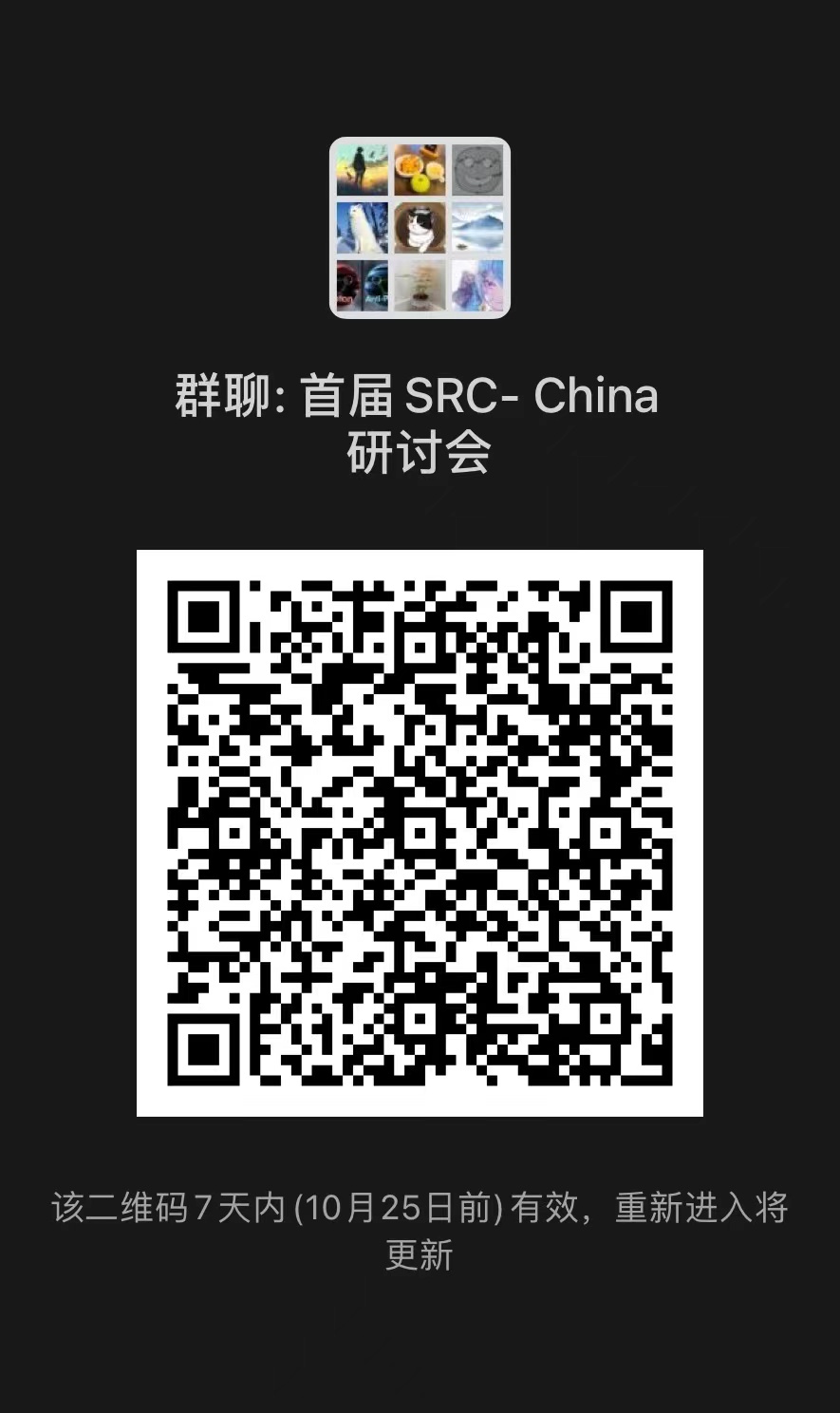Opportunities of SRC Studies with New Accelerator Facilities in China
Short-range correlations (SRC) reveal the intricate dynamics of nucleon-nucleon interactions within atomic nuclei at short distances. Over the past decade, SRC studies have expanded to encompass a broader range of nuclei, covering isotopes from light to heavy, and have probed increasingly shorter distances. This expansion has been made possible through the utilization of cutting-edge accelerator facilities and advanced detection techniques, leading to a wealth of new empirical data. There is a growing interest in SRC physics among scientists in China, both on the theoretical and experimental fronts. Several experimental groups are participating in SRC programs at institutions such as Jefferson Lab, GSI, and other renowned international research centers. Theoretical experts, most of who specializing in traditional nuclear physics, are eager to engage in the development of the SRC theory.
Meanwhile, there are several state-of-the-art accelerator complexes in China that are well-suited for SRC measurements. The High-Intensity Heavy-Ion Accelerator Facility (HIAF), set to conclude construction by the end of 2024, which will provide 10GeV/u ion beams. We are exploring the possibility of utilizing inverse kinematic pA collisions to investigate SRC phenomena using high-luminosity, high-momentum ion beams, as well as secondary, large, asymmetric, short-lived ions. On top of HIAF, we are proposing a lower-energy electron-ion-collider, known as EicC, to explore nuclear and hadronic structures in the sea-quark region, complementing the US-EIC project. Furthermore, the Shanghai Advanced Light Source facility offers up to 8 GeV/c high-quality electron beams, providing an excellent platform for eA scattering and further advancing high-precision SRC measurements.
Given these compelling reasons, we believe that now is the ideal time to convene an SRC workshop in Huizhou, where HIAF is situated. We aim to bring together leading international experts to engage in discussions with our Chinese counterparts. We are confident that such a workshop will be instrumental in advancing SRC physics in China and in exploring opportunities for SRC research, both domestically and internationally.
We also provide the zoom-link for colelauges who can not attend in-person. Due to the visa issues and other complicated situations, some of our international colleagues will attend remotely and give talks via zoom. Here is the info of the zoom for this workshpo:
Recordings of all talks, slides and photos can be found via the link below (contact Zhihong Ye if the link doesn't work):
- https://cloud.tsinghua.edu.cn/d/0685dc3d4a9c45858102/
SRC Lecture on 11/03
As a preparation of this workshop, on Nov 3rd afternoon at 4pm, we are delighted to invite Prof. Mark Strikman to give an introduction lecture about SRC physics to our students and sicnetists who are interested in this topic. This lecture will be both in person but via the same zoom link:
Organized by
Lisheng Geng, Beihang University, lisheng.geng@buaa.edu.cn
Xinle Shang, Institute of Modern Physics (IMP, CAS), shangxinle@impcas.ac.cn
Zhihong Ye, Tsinghua University, yez@tsinghua.edu.cn
Jie Zhao, Fudan University, Jie_Zhao@fudan.edu.cn
Conference Website
For all important information and the latest updates please visit the website
https://indico.impcas.ac.cn/e/src
Wechat Group for Domestic Participants:


